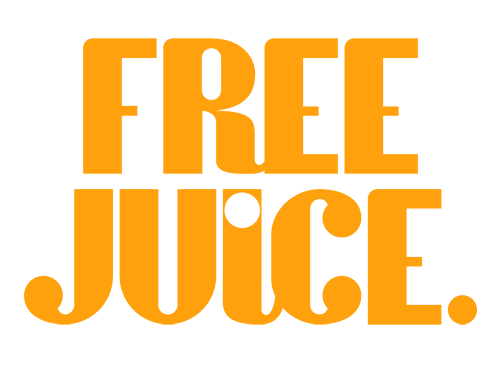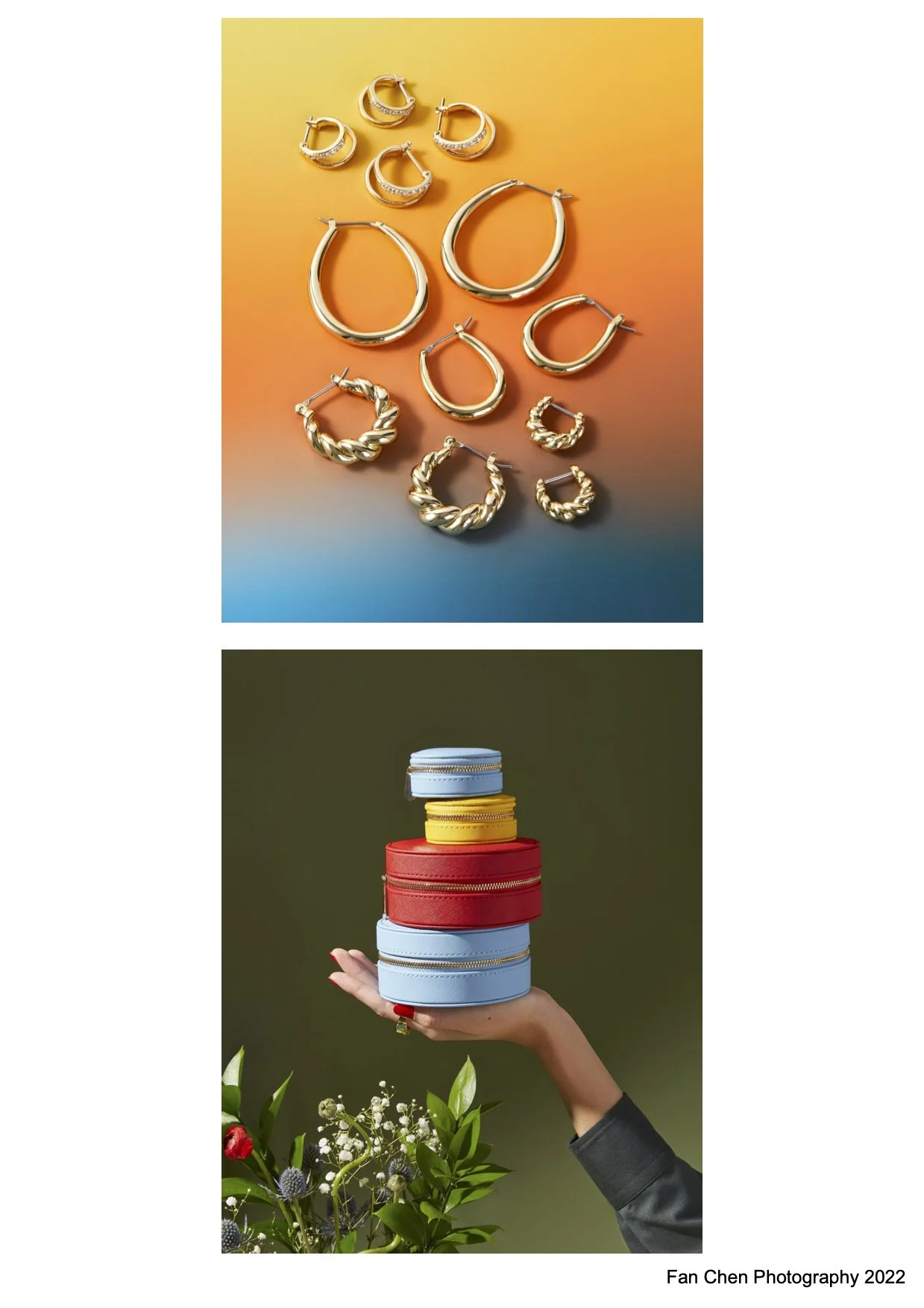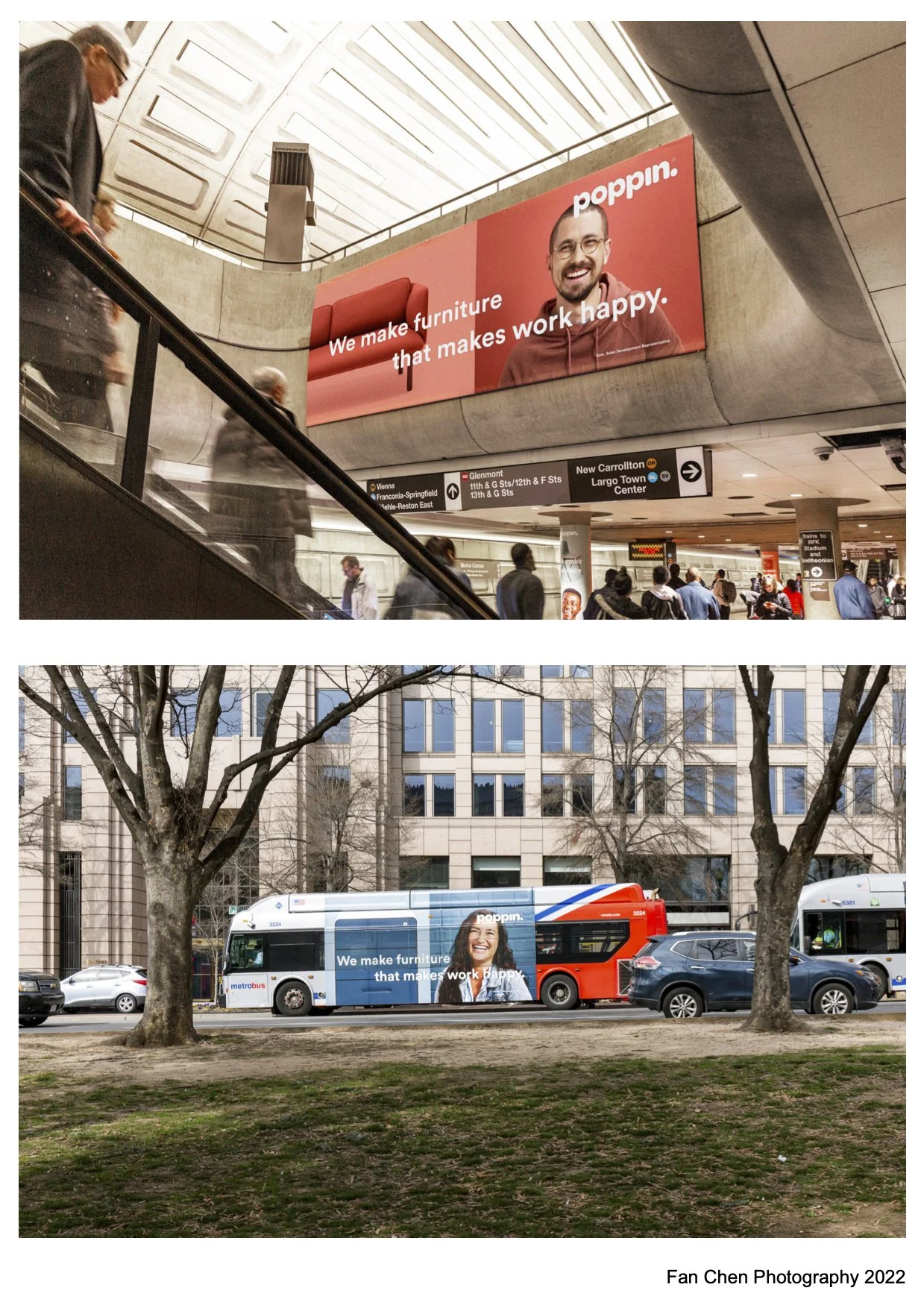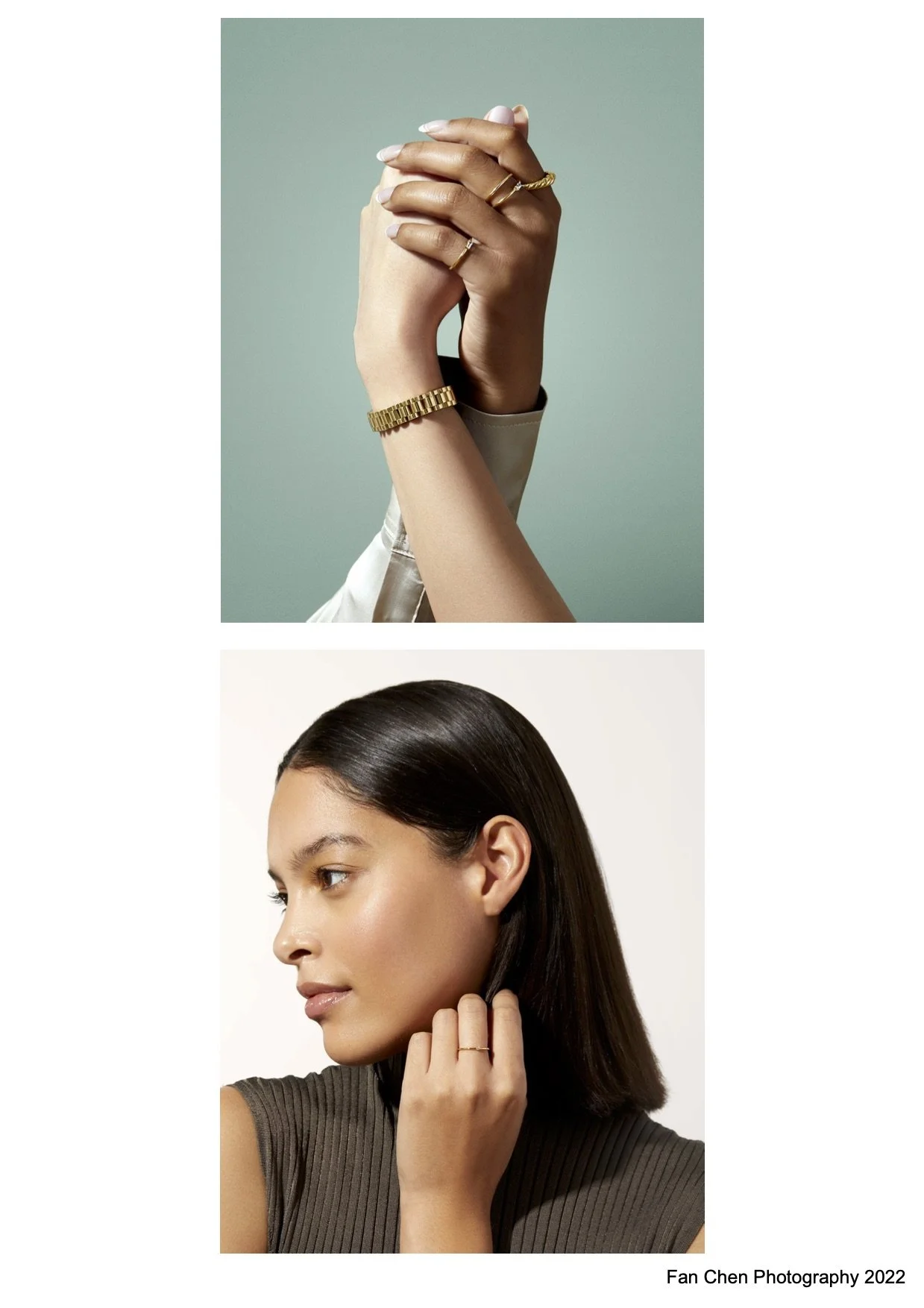Student Turned Leader: Fan Chen on Creating Effective Content + Overseeing a Team
I looked up to those who were blazing trails ahead of me, which gave me the motivation I needed to continue to persevere, knowing what was in store for me if I kept moving forward.
1.) What made you choose to pursue a career in the photo industry?
First off — Which area of the photo industry are you in?
I currently lead the content production team at Ana Luisa, which is a sustainable jewelry company based out of Brooklyn, New York. As part of my role, I oversee an incredibly talented team of photographers, producers and retouchers. Together, we collaborate and ensure that our brand consistently puts out high quality photos and videos.
What made you choose that position?
I fell into this role because the majority of my work historically involved creating engaging content for direct-to-consumer brands. I really enjoy what I do as it allows me the opportunity to work on a variety of projects. I love the balance of the structure of being on set for big shoots, but also having the freedom to create workflows and build style guides on my own timeline.
2.) Break it down for us. What does a day in your position look like?
If my team is in the middle of a shoot, I begin my workday by arriving on set early in order to catch up on my inbox, before turning my attention to pre-production. I have the responsibility of making sure our pre-production checklist is completed - which can mean anything from making sure shot lists are accurate to ensuring our Capture One sessions are properly set up. Once I’ve confirmed that pre-production is all buttoned up, I begin the actual shoot. As the day goes on, my goal is to make sure the shot list gets completed by my team in a timely manner.
If we are not needed on set, I will spend my day working remotely from home. In order to maximize my productivity, I typically set library hours where I focus on my team’s work during the first half of the day, and then make myself available for meetings and other collaborations during the second half. The days spent off-set are just as important to my, and my team’s, success as it means time spent developing fresh creative strategies, which are integral to our work.
It’s important to consistently build content that speaks directly to your target audience.
3.) How do you define success in your field?
It’s a bit challenging to pinpoint success as a content producer, because there are multiple ways it can be achieved. For me, being able to create content that my team or clients really love is the pinnacle that I’m always striving to reach. Beyond that, it’s important to consistently build content that speaks directly to your target audience.
4.) What’s your endgame?
When I think about my ultimate goal, I envision either eventually working my way up to an executive producer, or taking an alternate route and starting my own production company.
5.) What’s one resource that you wish you had right now?
The biggest resource I wish I had right now is more physical space. Currently, when I work remotely it’s from my one-bedroom apartment which really limits my ability to have my camera set up at all times. Having to break it down when I’m not working is counterproductive to being able to be creative whenever the mood strikes.
Over time, I found a healthier balance as I began separating my work from my personal life, which led to the realization that my career and my identity were not one and the same.
6.) What was your “aha” moment where you realized that you could actually work in the photo industry?
My “aha” moment came when I received my first full-time job offer in 2017. This job offer made me realize that it was truly possible for me to work in the photo world, because I had the opportunity to witness other seasoned professionals doing their thing. I looked up to those who were blazing trails ahead of me, which gave me the motivation I needed to continue to persevere, knowing what was in store for me if I kept moving forward.
7.) What was something that you wish you would’ve known sooner?
When I was first starting out in this industry, I would acquiesce to every single demand made by my clients and employers. Even when faced with a project or task that was impossible, I would force myself to forge ahead, despite the hardship on myself, my time and my sanity. I did this because it was my deep belief that every project I took on was a direct reflection of myself as an individual. Over time, I found a healthier balance as I began separating my work from my personal life, which led to the realization that my career and my identity were not one and the same. I now understand that if something I shot for a company or a client isn’t successful, it doesn’t mean that I failed, just that one project did.
(Bonus Edition)
What skills were required of you to receive this type of role?
For a role similar to mine, it is crucial to acquire photography and videography skills, as well as the ability to be hyper organized by learning and utilizing project management software.
What two key skills do you possess that you deem most significant in your position and how does that attribute to your overall workflow?
I have extensive experience with shooting and retouching commercial imagery, which has given me a very specific edge in content production. This gave me the skills necessary to do a lot of the shooting and retouching work myself as well as the ability to teach new skills to my direct reports.
Visit Fan’s website at the link below:
http://www.fan-chen.com/




